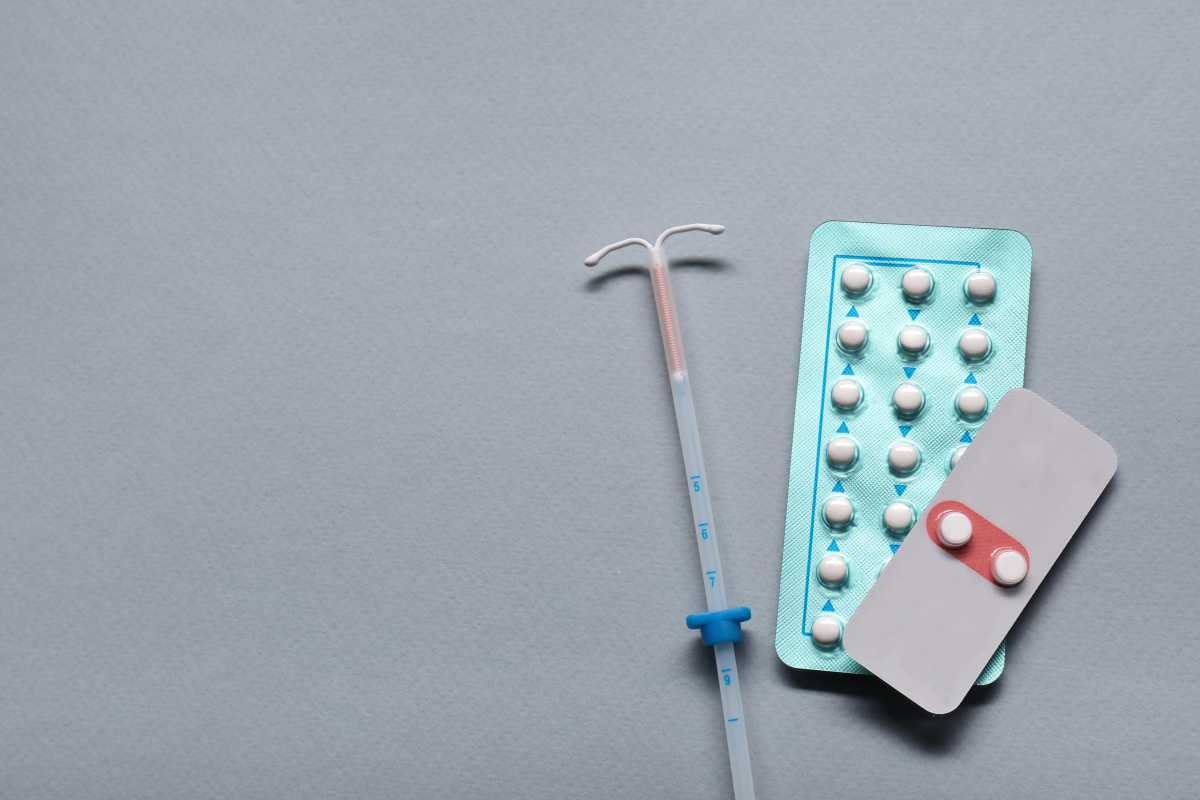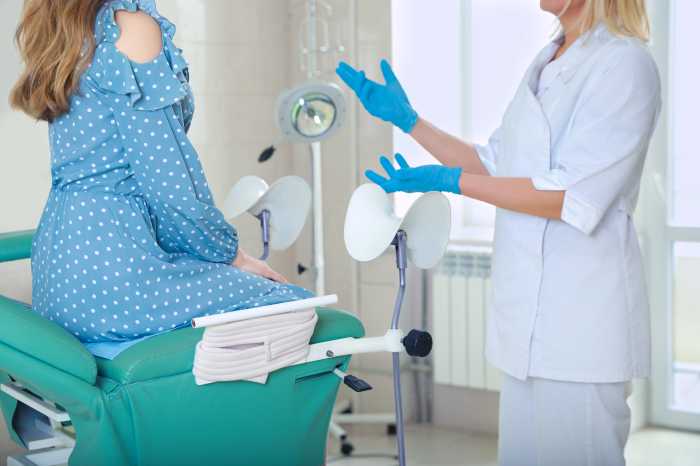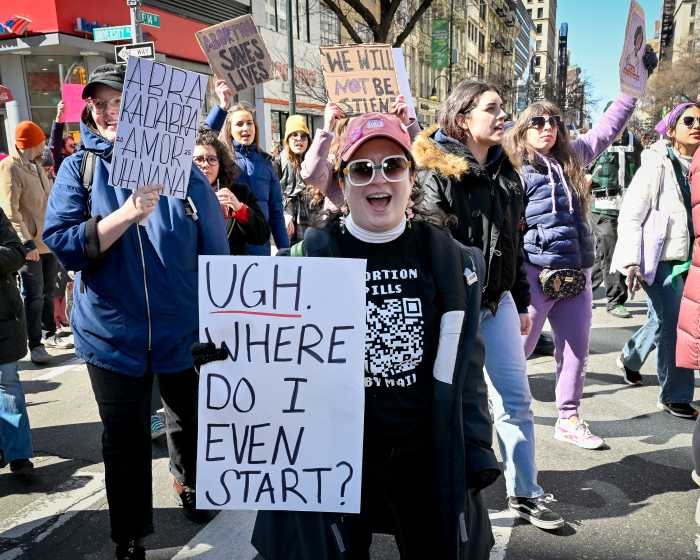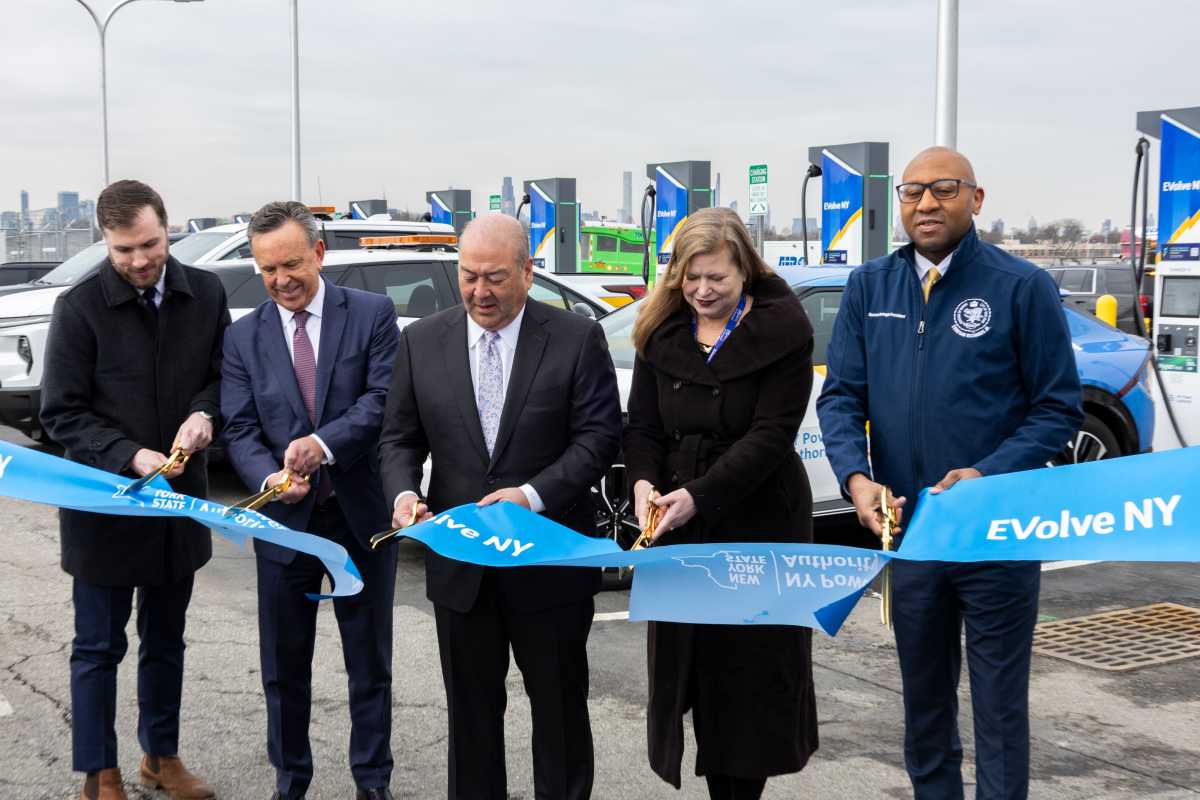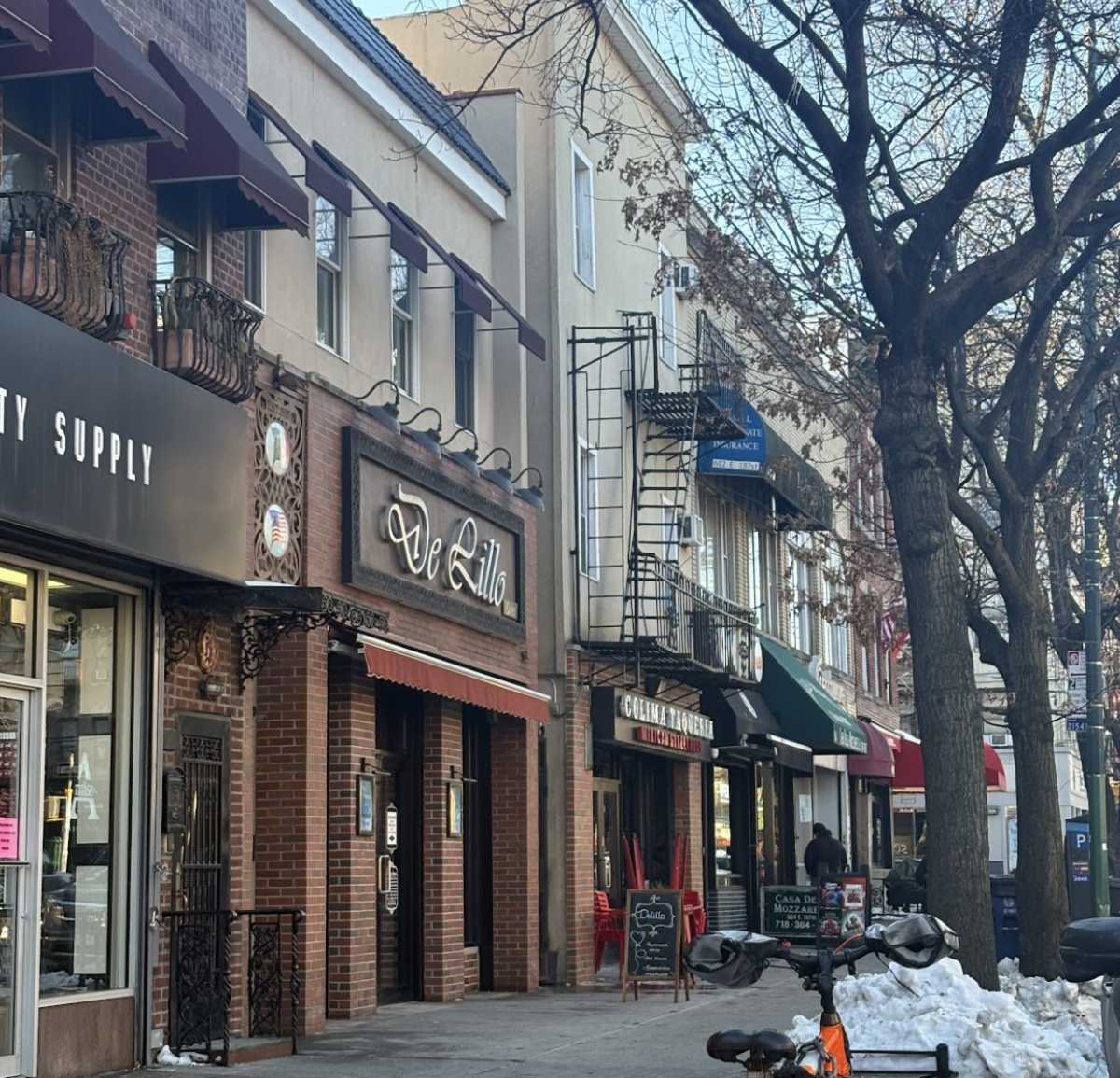From near-total abortion bans in states like Texas and Alabama, to legal challenges threatening access to emergency contraception and even IUDs, a coordinated assault is being waged on the right to reproductive freedom and bodily autonomy.
Courts are rolling back protections once thought untouchable. Extremist lawmakers are criminalizing care providers. And millions of people—especially low-income women and people of color—are being pushed further from the reproductive healthcare they need.
Reproductive freedom is under attack across the country. And even here in New York, we have battles that must be won.
If we are serious about reproductive rights and freedom, we must make it easier, faster, and more affordable for people to access the birth control of their choice.
Here in New York, we pride ourselves on being a safe haven for reproductive rights, but the truth is – we are falling behind. Across the country, laws are being passed at the state level to protect and expand access. In 16 states, pharmacists are already authorized to prescribe and administer the birth control injection. However, here in New York, the same policy has been held up for nearly a decade.
In states like New Mexico, Michigan, and West Virginia, pharmacists are reimbursed by private insurance for their time in prescribing birth control – the same as any other provider would.
But New York, by contrast, limits pharmacists to prescribing only the pill, patch, and ring—and does not mandate fair reimbursement for their time. That’s not just outdated policy; it’s a barrier to care, and as Congress and courts across the country continue to weaken and abolish fundamental reproductive freedoms, we must remove these barriers immediately.
Research shows that allowing pharmacists to prescribe birth control increases the number of contraceptive providers by nearly 80%. Allowing additional contraceptive options would be a game-changer in a state that currently ranks near the bottom nationally for the number of contraceptive providers per capita—on par with Mississippi and Louisiana.
And there are efforts in Albany to get this done.
Legislation carried by Senator James Skoufis and Assembly Member John McDonald would ensure private insurance companies are paying pharmacists for their time in consultation with patients. Medicaid is already reimbursing pharmacists for contraceptive consultations, and we should expect private insurance companies to do the same.
Additionally, pharmacists should be authorized to prescribe and administer the hormonal injection. Otherwise, patients who use this method must make an appointment and visit a provider four times per year. If the state were to take action, these patients would be able to access the hormonal injection directly from a pharmacist, the same as many of us do with immunizations.
We can’t accept a system where someone seeking basic birth control has to wait weeks or even months for an appointment with a provider—if they can find one at all. Many patients in underserved communities face geographic, financial, and logistical barriers. For them, a local pharmacy may be the most accessible contraceptive provider. We already trust pharmacists to administer vaccines—why not let them administer contraceptive injections, too?
Let’s be clear: expanding birth control access is a matter of public health, gender equity, and economic justice. When people can control if and when they have children, they’re better able to pursue education, maintain employment, and plan for their futures. Pharmacist-prescribed and -administered contraception is a powerful tool for giving people that control.
At a time when reproductive rights are under national attack, New York should be leading with bold action and reform. This is an opportunity to expand equitable, affordable access to birth control for all New Yorkers. Let’s seize it.
Mark Levine is Manhattan borough president.
Editor’s note: This op-ed was provided by the Manhattan borough president’s office.



